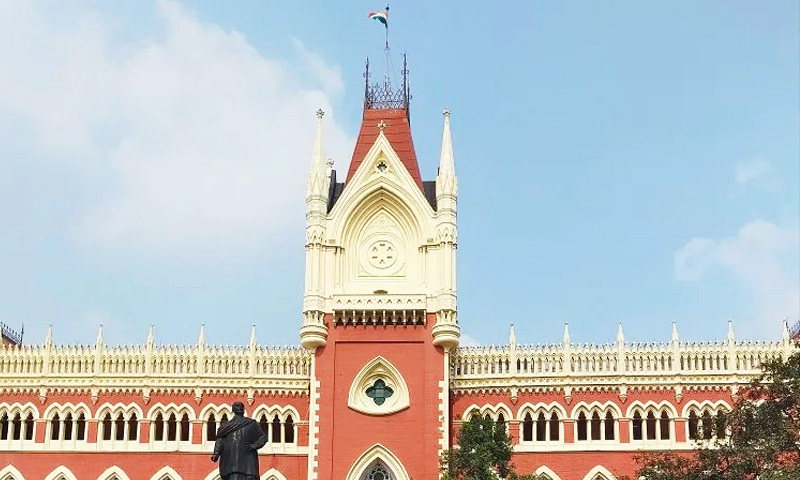Imparting Education By Section 25 Company Is A Charitable Activity Under Income Tax Act: Calcutta High Court
Parina Katyal
6 March 2022 9:54 AM IST
A Bench of Calcutta High Court, consisting of Justices T.S. Sivagnanam and Hiranmay Bhattacharyya, has ruled that when a Company has been established as a non-profit organization under the Companies Act, and its profits are applied solely for the promotion of its objects, its activities would by necessary implication fall under the definition of a "charitable purpose" under the Income...
Tags
Calcutta High CourtIncome Tax Act 1961Companies ActCharitable ActivityMinistry of CultureAssesseeNational Council of Science MuseumSection 25 of the Companies ActCharitable institutionSection 12AA of the Income Tax ActAssessing Officer (AO)Commissioner of Income Tax (Appeals) (CIT(A))commercial activitiesITAT KolkataReserve Bank of IndiaMemorandum of AssociationITATNon-profit organisationCreative Museum Designers Versus Income Tax Officer
Next Story



